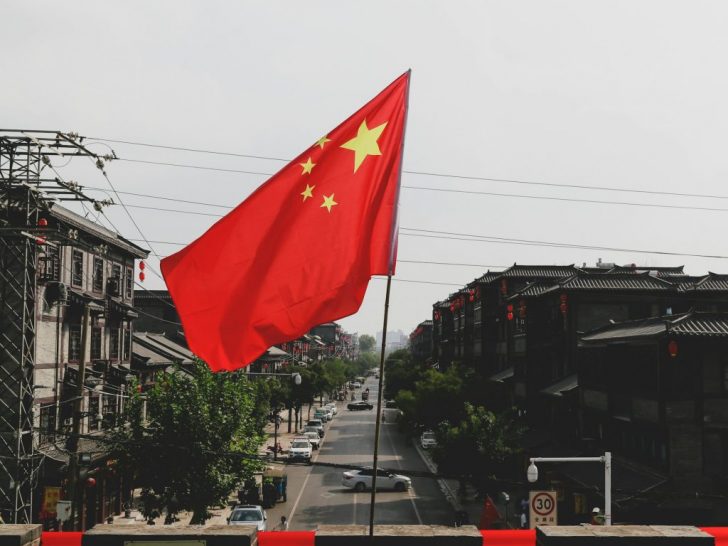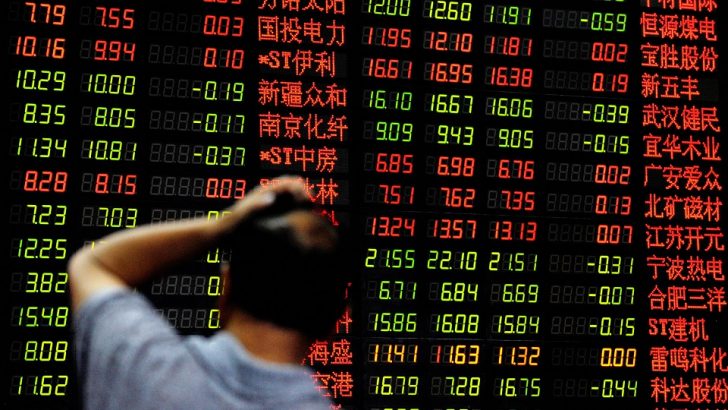In recent months, China’s stock market has seen a significant transformation, particularly in short-selling. Short positions in China’s stock market decreased by a third in February 2024, reaching their lowest point in more than three years. This development comes amidst a broader regulatory crackdown aimed at curbing speculation and fostering a sense of stability and confidence among investors.
With the blue-chip CSI300 Index experiencing a near 14% rebound from its five-year lows, the atmosphere is one of cautious optimism, despite the lingering concerns over the country’s economic growth.

Why the Sudden Shrink?
But why the sudden shrink in short positions, and what does it mean for the market and investors alike? At the end of February, the balance of stocks that investors had borrowed to sell short plummeted to 43.5 billion yuan ($6.04 billion), marking a significant drop from the previous month and the lowest level since July 2020, according to data from China Securities Finance Corp.
This trend reflects the Chinese regulators’ determination to create a more equitable trading environment, particularly in a market dominated by retail investors.
Following the regulatory guidance, major brokerages such as CITIC Securities, GF Securities, and China Securities have announced restrictions on short-selling activities.
These moves have sparked a debate among fund managers and investors, with some criticizing the restrictions for hampering their ability to execute certain trading strategies, like the ‘T+0’ intraday trading strategy, which has become nearly impossible under the new regime.

What Do the Critics Have to Say?
Critics, including Yuan Yuwei of Water Wisdom Asset Management, argue that the crackdown on short-selling could lead to increased market volatility. They believe that both long and short positions contribute to value investment and that regulators should focus on combating market manipulation rather than restricting short sellers.
This debate underscores the delicate balance Chinese regulators must strike between ensuring market efficiency and maintaining fairness, especially as they increase oversight of short-selling, leveraged trades, and high-frequency trading.
However, it is important to note that the reported data does not account for short positions held through derivatives or stock futures. This means the full impact of the regulatory measures on short-selling activities might be more complex than it appears at first glance.
What the CSRC Is Doing to Cope With This
In a bid to rejuvenate the market, the China Securities Regulatory Commission (CSRC) introduced several measures last month. These included suspending brokerages from borrowing shares for lending to short-sellers and banning investors from short-selling stocks bought on the same day. Such measures are part of a broader effort to stabilize the market and boost investor confidence amid concerns over economic growth.

This could lead to a reduction in market volatility and create a more predictable climate for investors, potentially attracting more long-term investment in the process.
So, as we move forward, it will be interesting to see how these regulatory measures play out and whether they will achieve their intended goal of stabilizing the market and promoting healthy economic growth. Needless to say, the debate among investors and fund managers is likely to continue as they navigate these new rules and adjust their strategies accordingly.





